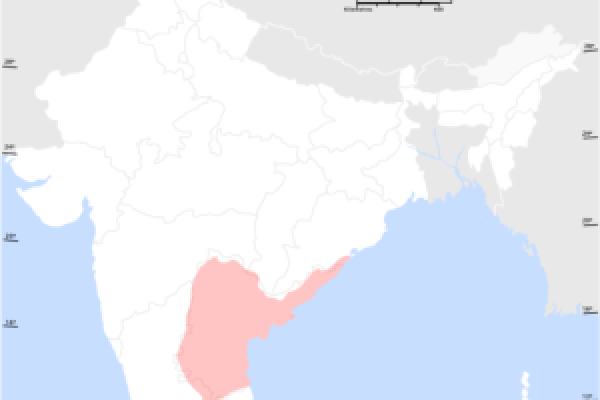
Free Telugu Phrasebook
Wikitravel users have collectively created a free Telugu phrasebook with the goal of making it possible for travelers to "get by" while traveling in areas where Telugu is spoken.
Wikitravel phrasebooks are available in many languages and each one varies in depth and detail. Most of the phrasebooks include a pronunciation guide, a general phrase list, information about dates and numbers, a color list, transportation-related phrases, vocabulary for shopping and phrases for eating and drinking. Some are even more in depth, and all are free!
From Website
Telugu (telugu; pronounced /t̪elʊgʊ/) is a Dravidian language. It is the language with the third largest number of native speakers in India (74 million according to the 2001 census) and is 13th in the Ethnologue list of most-spoken languages worldwide. Telugu is known as the "Italian of the East" since every word in Italian and Telugu ends with a vowel.
Telugu is the official language of Andhra Pradesh, one of the largest states of India and the centrally administered Yanam district of the union territory of Puducherry. The mother tongue of the majority of people of Andhra Pradesh, it is also spoken in the neighbouring states of Chattisgarh, Karnataka, Maharashtra, Orissa and Telugu Nadu. It is one of the twenty-two scheduled languages of the Republic of India and was conferred the status of a Classical language by the Government of India.
Telugu Script is derived from Bhattiprolu script, which is itself a variant of Brāhmī script. Telugu vocabulary has been influenced by Sanskrit and Prakrit. It is also influenced by Urdu.
Telugu script, an abugida from the Brahmic family of scripts, is used to write the Telugu language, a language found in the South-Central Indian state of Andhra Pradesh as well as several other neighboring states. The Telugu script is derived from the Telugu-Kannada script and developed independently at the same time as the Kannada script, as evidenced by their strong orthographical resemblance to one another.